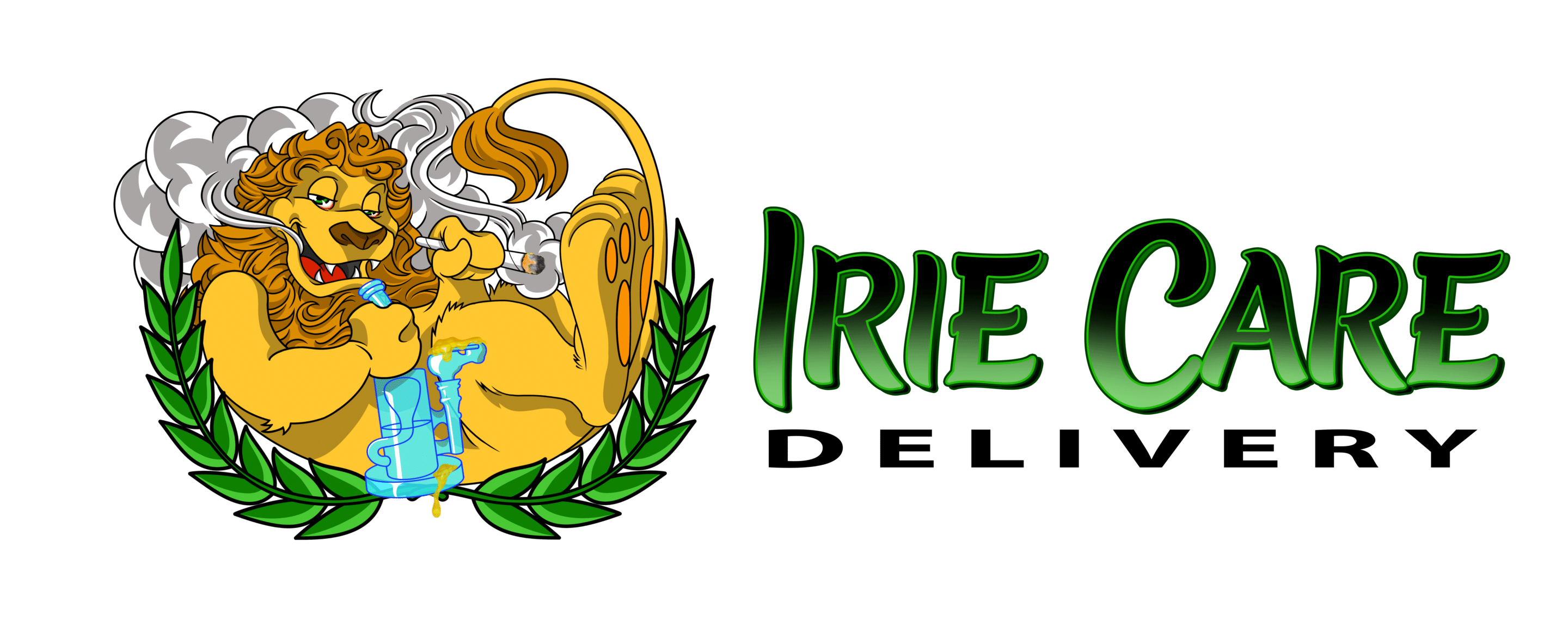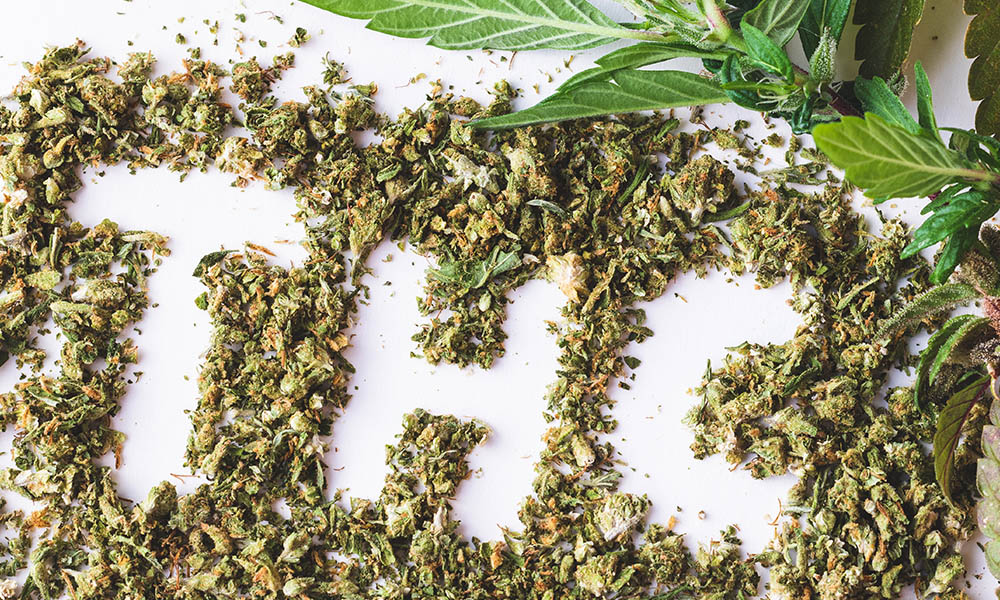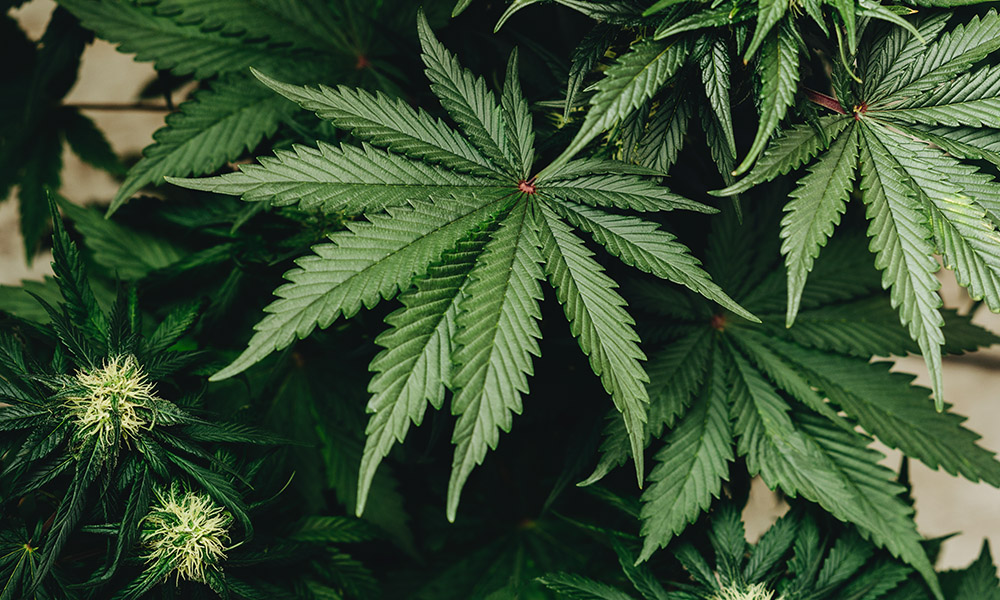“THC” isn’t synonymous with delta-9 THC. As strange as that may sound to veteran tokers, new research shows there are many types of THC in cannabis. Although delta-9 THC is the most prevalent cannabinoid in marijuana, it’s far from the only THC compound in existence. In fact, if you’ve been to a dispensary lately, you may have noticed many “alt THC” concentrates, tinctures, and flowers.
So, what are these new types of THC? And, more significantly, are these new THC products worth your money?
Two “Highly” Popular Types Of THC — Understanding The Top Delta 9 Alternatives
To be honest, legality is the driving force behind many new types of THC. Since delta 9 THC remains illegal under US federal law, many customers are looking for a sneaky way to experience a “legal high.” Alternative THC molecules have similar effects to delta 9 without a federal ban.
Arguably, the most prominent new THC molecule is called delta 8 THC. Although delta 8 is a naturally occurring cannabinoid, it’s often only ~ 1 percent of a strain’s total cannabinoid content. According to the latest research, delta 8 has psychoactive properties, but many people claim it isn’t as intense as delta 9 THC. Indeed, most tokers who try delta 8 products claim they have mellowing effects reminiscent of a low-intensity Indica strain.
While delta 8 THC is the most popular THC alternative, delta 10 THC is also gaining mainstream attention. Like delta 8, delta 10 is a rare, naturally occurring cannabinoid found in hemp and marijuana plants. While it’s unclear how delta 10 differs from delta 8 or delta 9, anecdotal reports suggest delta 10 has more uplifting “Sativa-like” effects.
Both delta 8 and delta 10 are technically legal under US federal law, provided they come from a hemp plant with ≤ 0.3 percent delta 9 THC. However, as more states learn about these new forms of THC, some municipalities have considered banning them. Customers should always review their local statutes before trying any new forms of THC.
Is THC-A The Same As Plain THC?
Delta 8 and delta 10 are distinct from delta 9 THC, but THC-A is a different story. Interestingly, all cannabinoids exist in a raw “acidic” state until they’re exposed to high temps. So, unless otherwise stated, THC-A typically refers to delta 9 THC in its acidic form. You could transform THC-A into THC by lighting it, vaping it, or baking it in an oven.
Please note: THC-A on its own will not give users the “high” associated with delta 9 THC. This is why people who eat raw cannabis salads or juice marijuana flowers don’t feel “stoned” shortly afterward. While THC-A seems to have some therapeutic benefits, it doesn’t attach to the brain’s CB1 receptors the same way delta-9 THC does.
What’s The Deal With THC-O?
Another THC alternative that has been making headlines is THC-O. Unlike all the other types of THC mentioned above, THC-O isn’t present in the cannabis plant. Technicians need to perform incredibly complicated (and potentially dangerous!) chemical manipulation to make THC-O in a lab. It’s estimated THC-O is at least three times more potent than the typical delta 9 THC molecule.
Due to THC-O’s intense psychoactivity, it’s illegal per US federal law. The only places you may find legal THC-O products are in states with relaxed recreational cannabis laws.
What Type Of THC Tickles Your Fancy?
Just like different cannabis flowers suit different folks, not everyone will have the same experience with THC alternatives. Delta 8 and delta 10 seem to be less intense than delta 9 THC, but everyone reacts to these cannabinoids differently. The only way to figure out which THC works for you is to give them a try in a controlled setting. You may find different types of THC work better depending on your mood and the time of day.



